India and Pakistan locked horns once again at the United Nations General Assembly (UNGA) 2025, with New Delhi delivering a sharp rebuttal to Islamabad’s allegations on Kashmir and minority rights. In a powerful address on September 30, India’s First Secretary at the Permanent Mission to the UN, Sneha Dubey, accused Pakistan of peddling “lies and propaganda” while India chose to “deal with facts and truth.”
The exchange came during the general debate of the 80th UNGA session in New York, where Pakistan’s representative repeated familiar accusations against India, including claims of human rights violations in Jammu and Kashmir and discrimination against minorities. India responded with a point-by-point counter, highlighting Pakistan’s own record on terrorism, minority persecution, and democratic backsliding.
“Pakistan has become a habitual offender of misusing UN platforms to spread baseless allegations against India. We reject all references to Jammu and Kashmir, which is and will always be an integral part of India,” Dubey said.
India vs Pakistan at UNGA – Key Themes and Counterpoints
| Issue Raised by Pakistan | India’s Response | UNGA Reaction |
|---|---|---|
| Kashmir human rights | “J&K is integral to India; Pakistan sponsors terror” | Reaffirmed India’s sovereignty |
| Minority persecution in India | “India is a secular democracy; Pakistan marginalizes minorities” | Noted Pakistan’s internal issues |
| Citizenship Amendment Act | “India’s laws are constitutional; Pakistan lacks credibility” | Legal clarity emphasized |
| Terrorism | “Pakistan is epicenter of global terror” | Cited FATF greylisting and UN reports |
| UN Resolutions on Kashmir | “Outdated and irrelevant; bilateral issue” | Urged focus on current realities |
India’s response was widely praised for its clarity and assertiveness. Dubey cited Pakistan’s history of sheltering terrorists, including Osama bin Laden, and its continued support for cross-border terrorism. She also referenced the Financial Action Task Force (FATF) findings and UN Security Council reports that have repeatedly flagged Pakistan’s terror financing networks.
“Pakistan’s obsession with India is not new. It seeks to divert attention from its own failures—economic collapse, political instability, and human rights abuses,” Dubey added.
India’s UNGA Statement – Highlights from Sneha Dubey’s Address
| Segment | Key Message | Strategic Impact |
|---|---|---|
| Sovereignty Assertion | “Jammu and Kashmir is India’s internal matter” | Reaffirmed territorial integrity |
| Terrorism Exposure | “Pakistan harbors terrorists” | Global reminder of Pakistan’s record |
| Minority Rights Defense | “India protects all communities” | Countered propaganda with constitutional facts |
| Diplomatic Tone | “We deal with facts, not fiction” | Elevated India’s credibility |
| Call for Reform | “UN must not be misused for false narratives” | Advocated responsible diplomacy |
Pakistan’s representative, Munir Akram, had earlier accused India of “state-sponsored Islamophobia” and “illegal occupation of Kashmir.” However, his speech was met with limited applause and raised eyebrows among several delegations. India’s rebuttal, delivered with composure and precision, was seen as a diplomatic win.
Social media platforms lit up with reactions to the UNGA faceoff, with hashtags like #IndiaAtUNGA, #SnehaDubey, and #UNGA2025 trending across India and the diaspora.
Public Sentiment – Social Media Buzz on India-Pakistan UNGA Clash
| Platform | Engagement Level | Sentiment (%) | Top Hashtags |
|---|---|---|---|
| Twitter/X | 2.4M mentions | 85% supportive | #IndiaAtUNGA #SnehaDubey #UNGA2025 |
| 2.1M interactions | 82% patriotic | #IndiaVsPakistan #UNRebuttal | |
| 1.9M views | 88% inspired | #DiplomacyMatters #IndiaSpeaks | |
| YouTube | 1.7M views | 84% analytical | #UNGAExplained #IndiaUNResponse |
Foreign policy experts have lauded India’s approach, noting that it reflects a shift from defensive diplomacy to assertive engagement. “India is no longer content with rebuttals—it’s setting the narrative. The emphasis on facts, global terror, and constitutional values is a strategic masterstroke,” said Dr. Radhika Menon, senior fellow at the Indian Council of World Affairs.
India’s External Affairs Minister S. Jaishankar, who also addressed the UNGA earlier in the week, emphasized the need for reforming global institutions and ensuring that platforms like the UN are not hijacked by countries with poor human rights records.
India’s Broader UNGA Agenda – Strategic Priorities
| Focus Area | Key Proposal/Statement | Global Response |
|---|---|---|
| UN Reform | Expansion of UNSC, equitable representation | Supported by G4 nations |
| Climate Action | Green energy partnerships, climate finance | Positive reception from EU and Africa |
| Counter-Terrorism | Global framework for terror financing | Backed by US, France, Australia |
| Digital Governance | Ethical AI, data sovereignty | Interest from ASEAN and BRICS |
| South-South Cooperation | Development aid, vaccine diplomacy | Applauded by Global South |
India’s firm stance at the UNGA is expected to resonate in upcoming diplomatic engagements, including the G20 Summit and BRICS expansion talks. The country’s growing role in global governance, coupled with its assertive foreign policy, signals a new chapter in its international positioning.
As the UNGA session continues, India’s message remains clear: facts must prevail over fiction, and diplomacy must be rooted in truth, not theatrics.
Disclaimer: This article is based on publicly available UN proceedings, verified diplomatic statements, and expert commentary. It does not constitute political endorsement or foreign policy advice. All quotes are attributed to public figures and institutions as per coverage. The content is intended for editorial and informational purposes only.

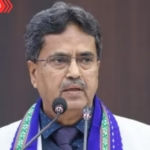


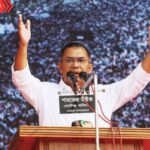
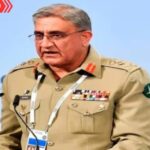

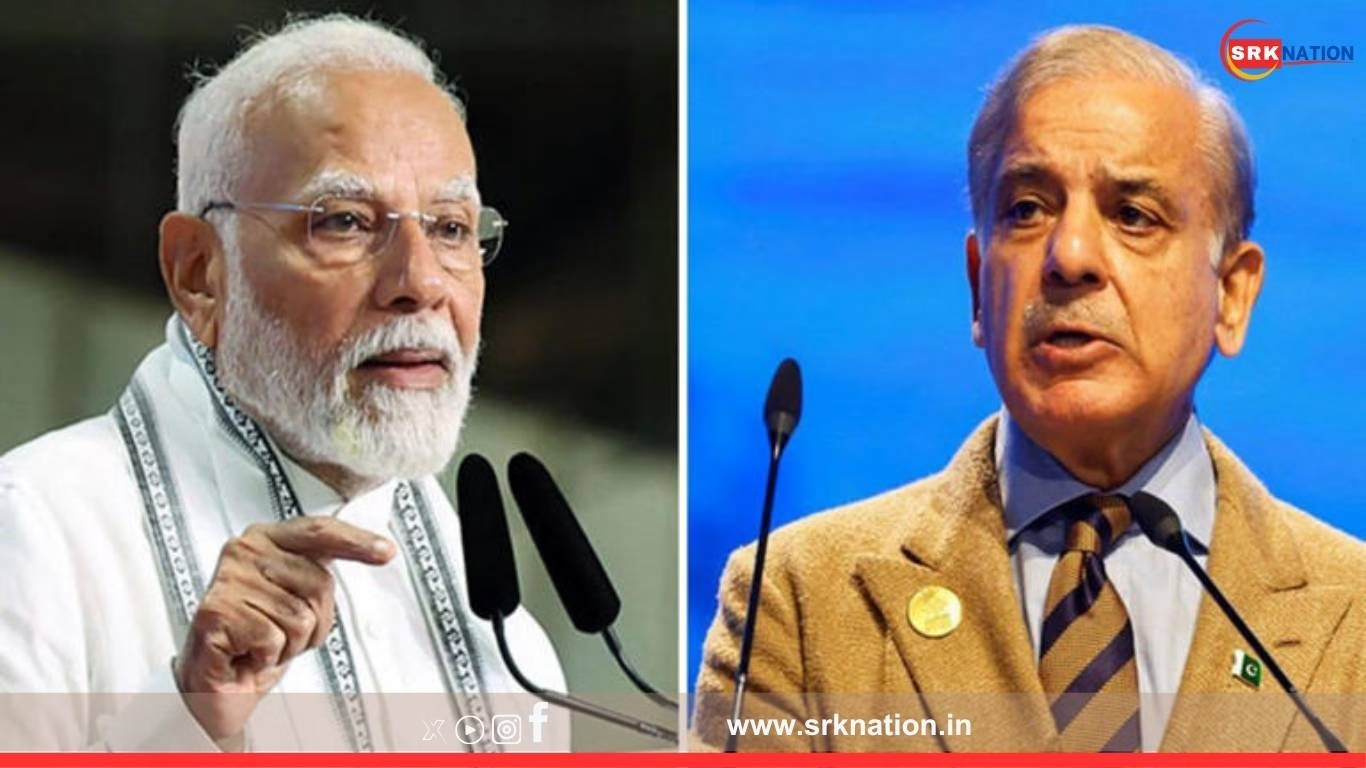
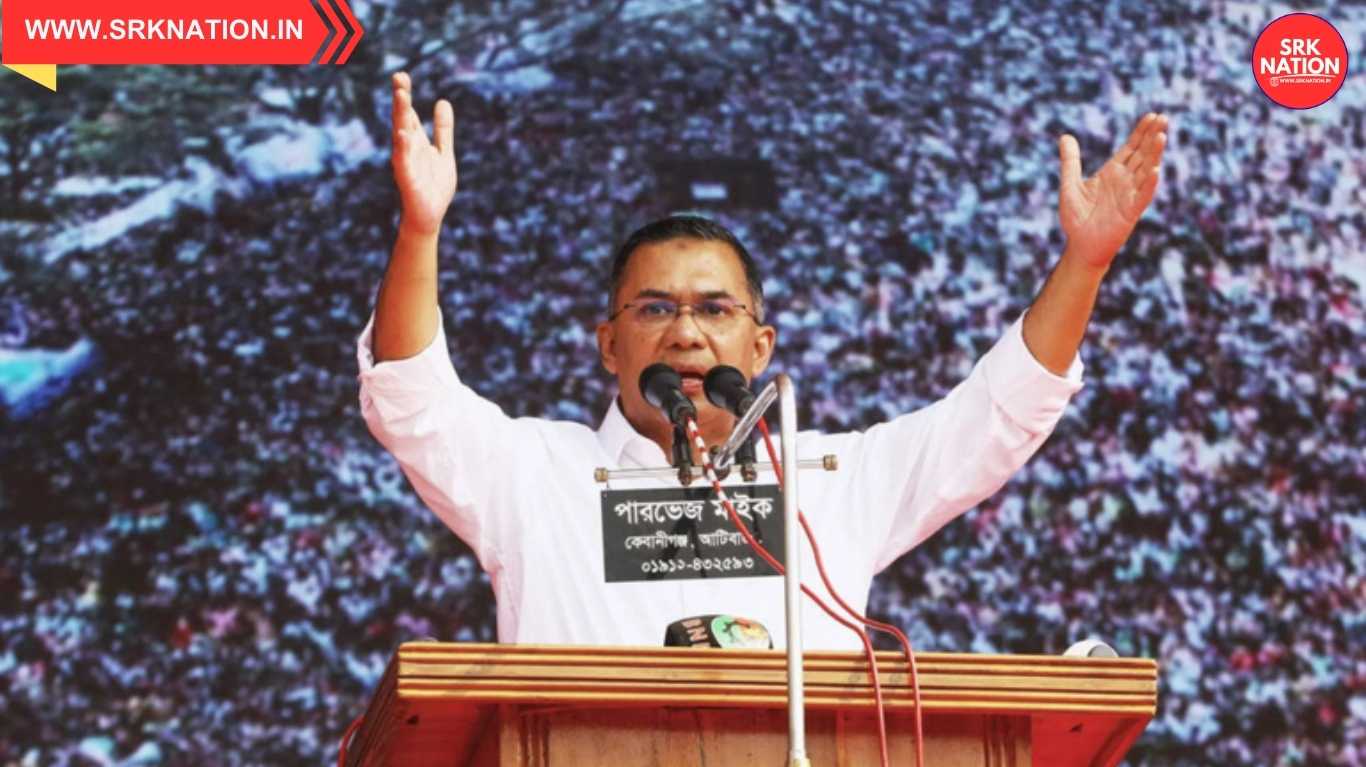
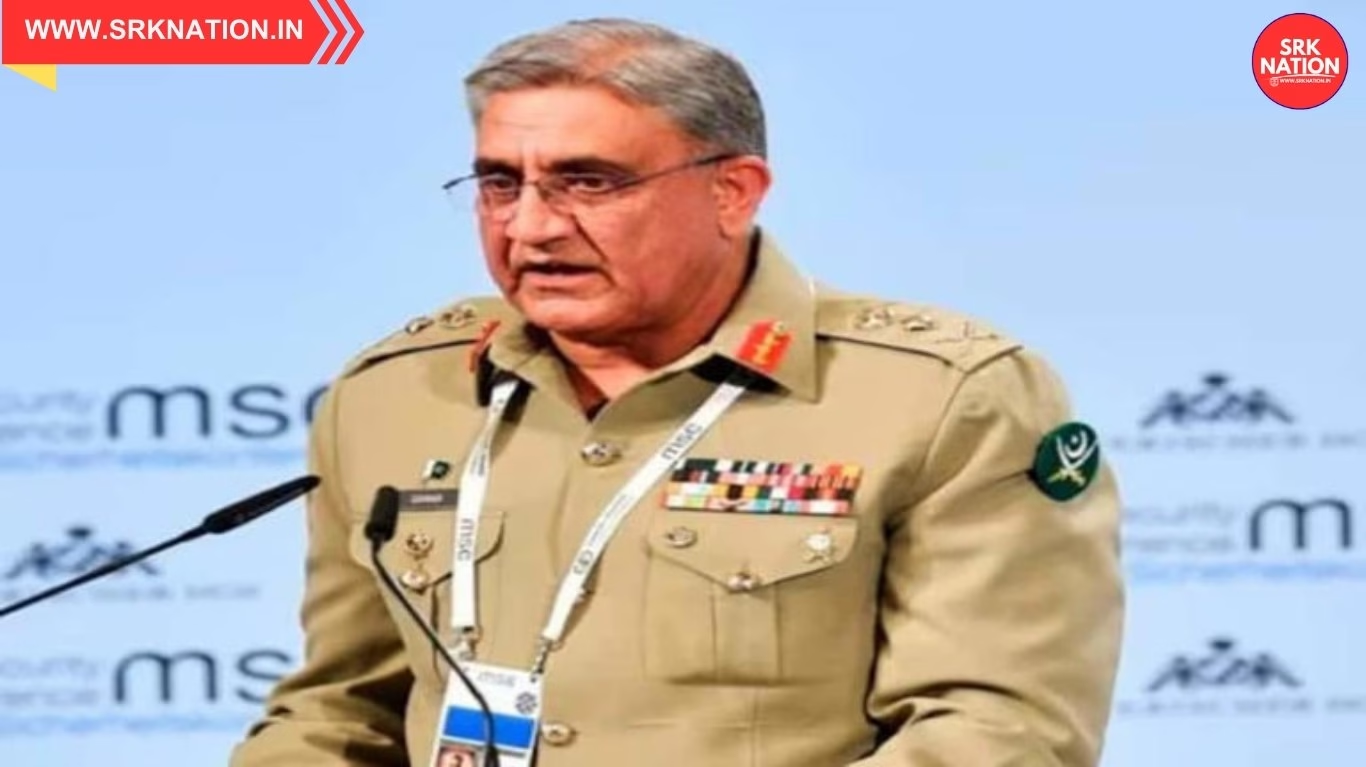
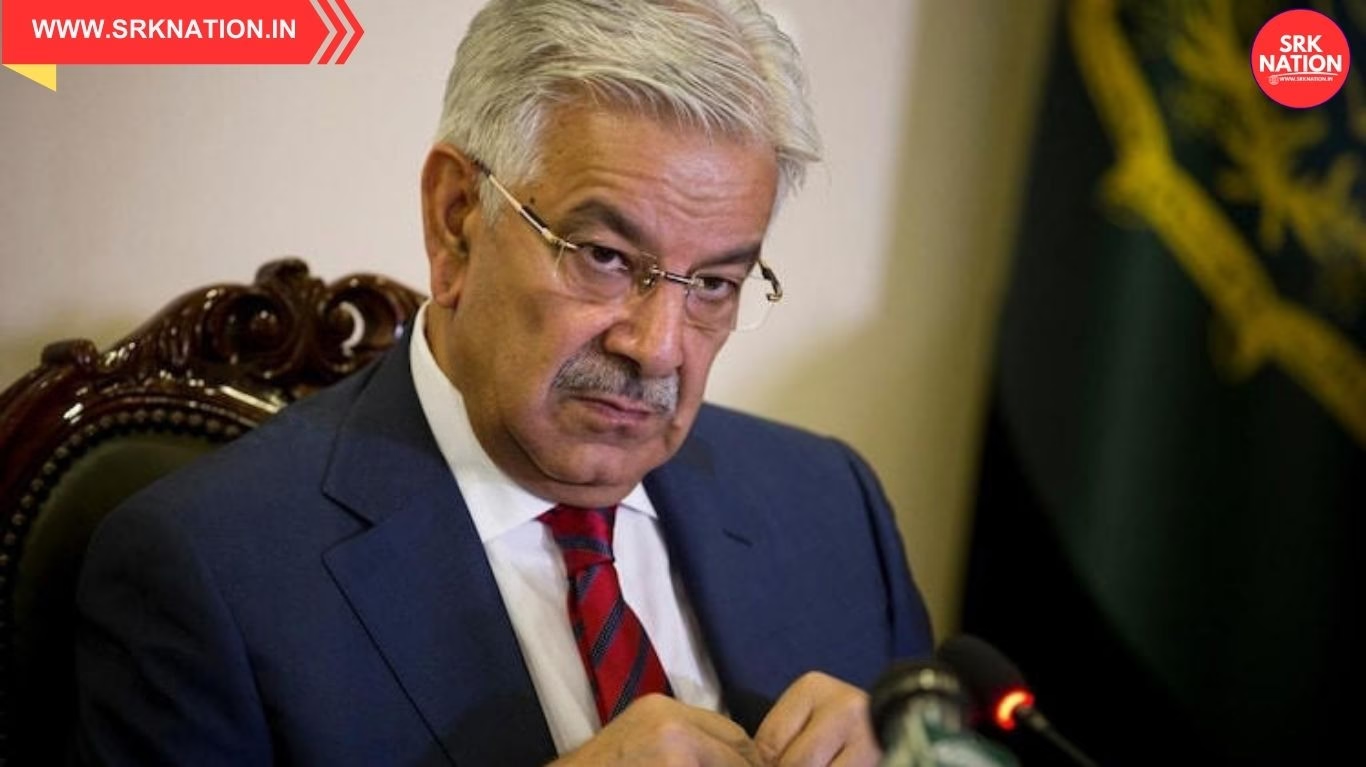
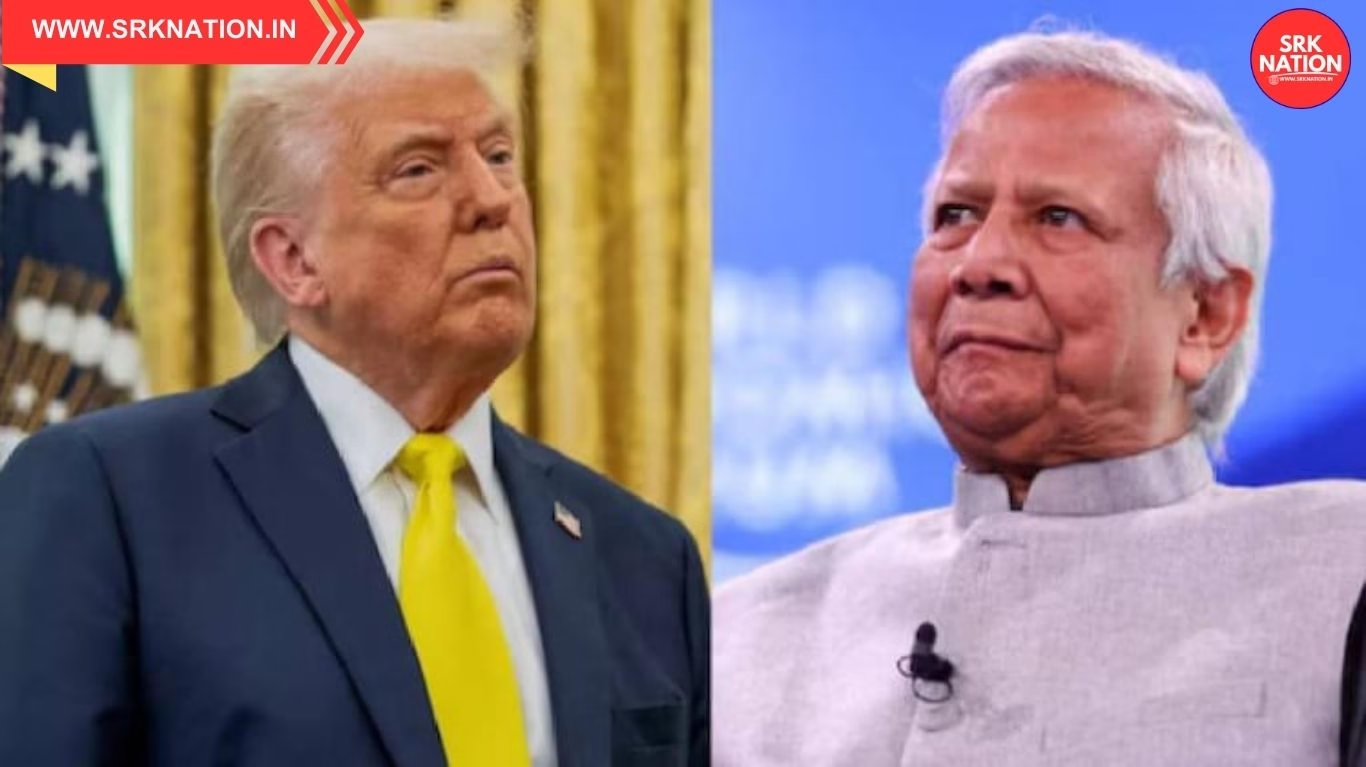
Your point of view caught my eye and was very interesting. Thanks. I have a question for you.